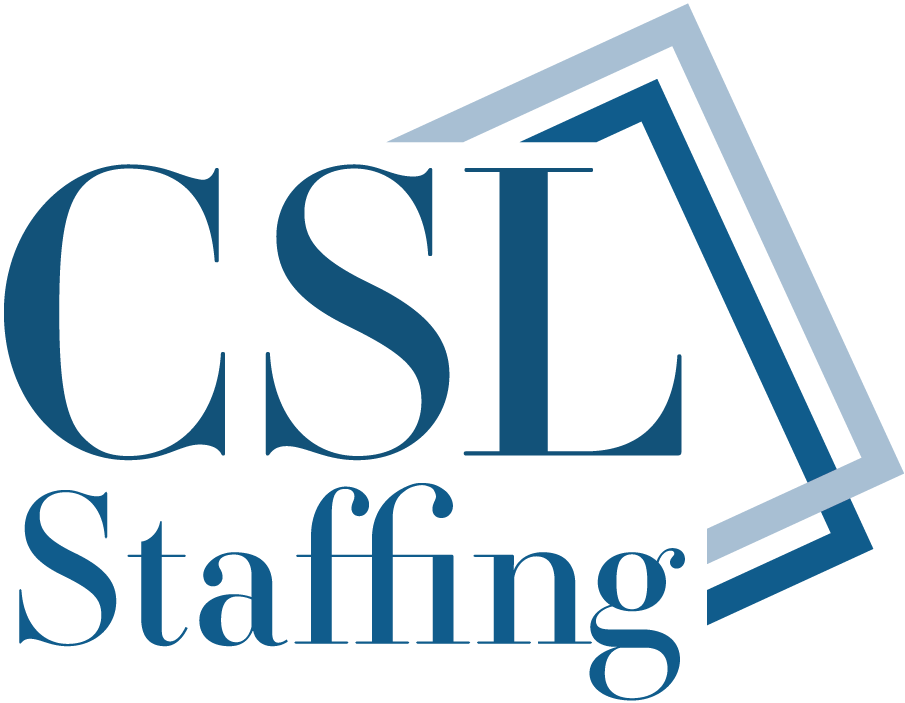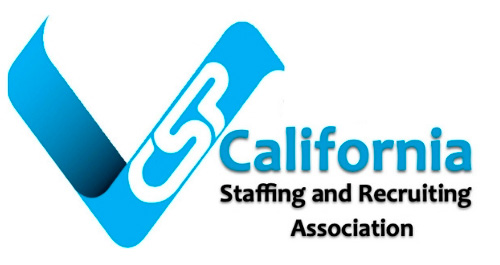Updated EEOC COVID-19 Guidance Confirms Employee Vaccine Incentives

On May 28, 2021, the Equal Employment Opportunity Commission (EEOC) updated its COVID-19 guidance, “What You Should Know About COVID-19 and the ADA, the Rehabilitation Act, and Other EEO Laws,” to address several vaccine-related topics, such as vaccine incentives, vaccine mandates, the Americans with Disabilities Act (ADA) reasonable accommodations for vaccine exemptions and more. Here’s the highlights.
Employers May Offer Incentives for COVID-19 Voluntary Vaccinations
While the EEOC’s December 16, 2020, vaccination-related guidance gave employers the green light to implement a mandatory vaccination program, one of the unanswered questions was whether employers can offer incentives to employees who voluntarily receive the COVID-19 vaccine.
In its updated May 28, 2021, guidance, the EEOC has confirmed that employers may offer an incentive to employees for voluntarily receiving a vaccination. However, where an employer or its agent is administering the vaccination, the incentive (which includes both rewards and penalties) must not be “so substantial as to be coercive.” The EEOC explains that because vaccinations require employees to answer pre-vaccination disability-related screening questions, a very large incentive could make employees feel pressured to disclose protected medical information. On the other hand, when employers offer an incentive to employees to voluntarily provide documentation or other confirmation that they received a COVID-19 vaccination on their own from a third-party provider, this incentive limitation doesn’t apply. No examples are provided on what sort of an incentive might be “a very large incentive” or “so substantial as to be coercive,” but employers intending to offer incentives through their own vaccine administration program will want to be mindful of these limits.
Employers May Mandate the COVID-19 Vaccine But Must Reasonably Accommodate
Although the updated guidance remains the same from the original, the EEOC reiterates that employers may require all employees physically entering the workplace to be vaccinated for COVID-19. In doing so, the EEOC reminds employers of their reasonable accommodation obligations under Title VII and the ADA for those employees who don’t get vaccinated because of a disability, sincerely held religious belief or pregnancy. Employers are also cautioned that some individuals or demographic groups may face greater barriers to receiving a COVID-19 vaccination than others, such that some employees may be more likely to be negatively impacted by a vaccination requirement.
The EEOC offers additional reasonable accommodation or modification examples that employers may provide to employees who don’t get vaccinated due to disability, sincerely held religious beliefs or pregnancy, which may include:
- An unvaccinated employee wearing a face mask in the workplace;
- Working at a social distance from coworkers or non-employees;
- Working a modified shift;
- Getting periodic COVID-19 tests;
- Having the opportunity to telework; or
- Accepting a reassignment.
Employers May Ask About or Require Documentation That an Employee Obtained the COVID-19 Vaccine
The EEOC reiterates that an employer may ask employees whether they obtained a COVID-19 vaccine from a third party in the community, such as a pharmacy, personal health care provider or public clinic. Asking employees whether they have obtained the vaccine or requesting documentation or other confirmation of vaccination by a third party is not a disability-related inquiry under the ADA, and the ADA’s rules about such inquiries don’t apply. However, the EEOC reminds employers that employee-provided documentation or other confirmation of vaccination is medical information that must be kept confidential.
One area where some employers may be disappointed to see that the EEOC left untouched is regarding the legal implications of the Emergency Use Authorization (EUA) by the U.S. Department of Health and Human Services (HHS) Food and Drug Administration (FDA) for the three available COVID-19 vaccines. Noting that such a topic is beyond their jurisdiction, the EEOC doesn’t discuss the legal implications of EUA or the FDA approach to vaccines, and instead, refers employers to the FDA’s EUA page.
Additionally, because this guidance was prepared prior to the CDC’s updated guidance for fully vaccinated individuals issued on May 13, 2021, (and any supplements), the EEOC is currently considering any impact of those developments on the current COVID-19 technical assistance.
Employers with existing vaccination programs (whether voluntary or mandatory), or those considering the implementation of a vaccination program (including incentivizing employees who voluntarily receive the vaccine), should review the latest guidance and continue to monitor for any additional updates.
Bianca Saad, Employment Law Counsel/Subject Matter Expert, CalChamber
CalChamber members can read more about vaccination programs in several Q&As (Can employers implement a mandatory vaccination program? Must an employer exempt an employee from a mandatory vaccination program for disability- or religious-related concerns?) in the HR Library. Not a member? See what CalChamber can do for you.
The post Updated EEOC COVID-19 Guidance Confirms Employee Vaccine Incentives appeared first on HRWatchdog by Bianca Saad.




